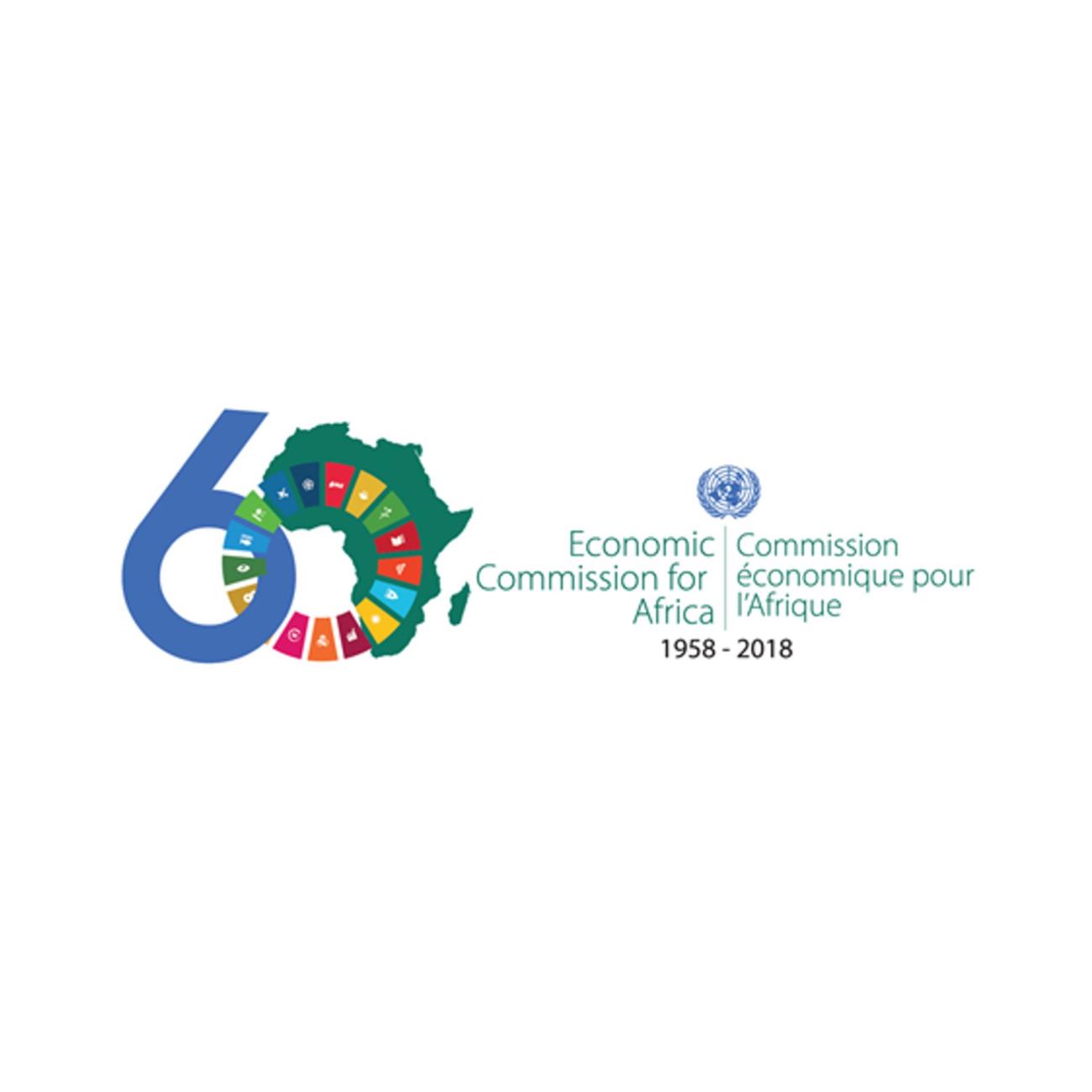UN Namibia supported the Government during the 26th Meeting of the Intergovernmental Committee of Senior Officials and Experts (ICSOE) of Southern Africa held from 28 – 29 October 2020. The virtual meeting was held across the capitals of the 11 including Angola, Botswana, Eswatini, Lesotho, Malawi, Mauritius, Mozambique, Namibia, South Africa, Zambia and Zimbabwe. This year’s theme was “Policies and strategies towards effective private sector led growth and job creation in Southern Africa.”
Namibia’s delegation was led by Mr. Immanuel Nashivela, Director at the Fiscal, Monetary Policy and Financial Market Development department at the Ministry of Finance. It included representatives from the Bank of Namibia (BoN), MoF, Namibia Trade Forum (NTF), the Namibia (NCCI), the private sector and civil society.
UN Namibia (UNN) participated during the Panel discussion on” Supporting COVID-19 responses in Southern Africa for building back better and faster: The Experience of development partners” comprising of the UN Resident Coordinators of Eswatini, Lesotho, Zambia, and Zimbabwe.
Representing Mr. Sen Pang, the UN Resident Coordinator (RC) and speaking on his behalf as delegated was the Economist and Development Coordination Officer, Ms. Eunice Ajambo. On his behalf, Ms. Ajambo noted that the Resident Coordinator’s Office (RCO) has played an important role in convening and connecting a diversity of development partners at the national and sub-national levels, including for analysis, procurement, resources mobilization and deployment in response to, and recovery from COVID-19.
To improve the efficiency of aid coordination with Development Partners (DPs), the RC has utilized the Development Partners Forum (DPF) which is co-chaired by the UN and the National Planning Commission (NPC) and gathers most of the traditional donors, embassies, cooperation agencies, multilateral banks, and key trade partners of Namibia.
The DPs have expressed enthusiastic support to the response and recovery efforts of the Government as evidenced by their participation in various mechanisms to share information, knowledge and experiences on tools for coordination.
Two sub-groups were set up to facilitate technical coordination:
a) health and
b) socio-economic response and recovery.
Establishing synergies and complementarities in the framework of a common workplan or strategy would further enhance efforts.
A common challenge being faced by all DPs is the categorization of Namibia as an Upper Middle Income Country (UMIC). In addition to Namibia having been in suppressed economic context in the previous years, the COVID-19 pandemic has further constrained the fiscal space of the country, limiting available resource mobilization channels to respond to the shock.
Continued engagement and dialogue with International Financial Institutions (IFIs) is required to build a partnership which would strengthen our position to render more efficient support to the country. Additionally, Namibia also requires targeted sectoral strengthening for recovery, particularly in key sectors including tourism, retail and hospitality, helping to build back forward.
Development Cooperation in Namibia is being guided by the principles of 1) country ownership, 2) alignment to national development priorities and 3) harmonization of development work at country level.***








